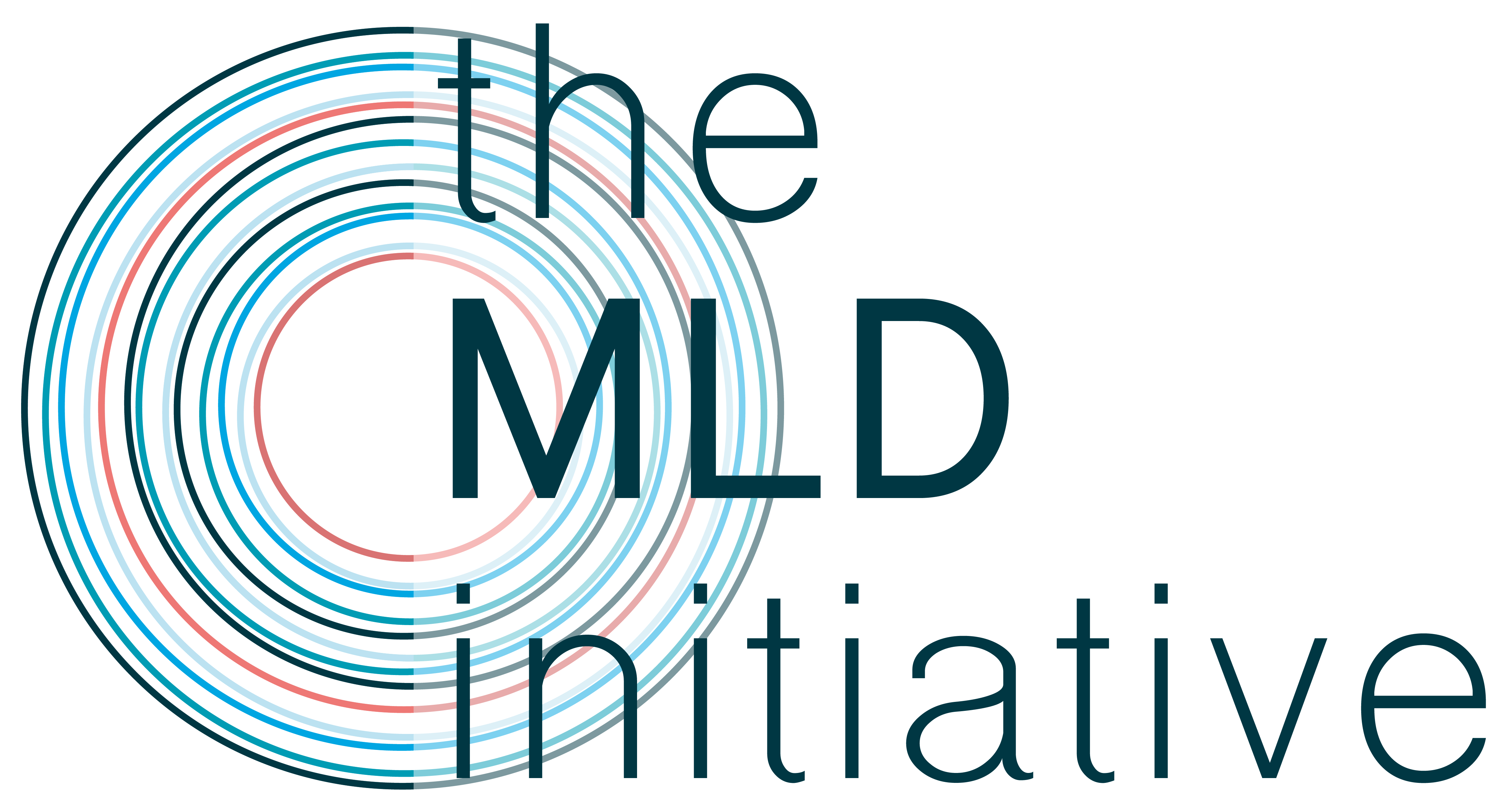
Timeline
The MLD initiative is an ongoing project. Patients, families, physicians, researchers, and regulators continuously help to improve the MLD initiative. A timeline with important milestones can be find below.
2019 - Exploratory phase
Exploratory phase
In 2019 the feasibility of an international metachromatic leukodystrophy registry and the support for such a registry was explored. The Amsterdam Leukodystrophy Center (ALC) of Amsterdam UMC started the initiative. This expert center on white matter disorders, such as MLD, already had a national registry for MLD. More information about the initiators of the MLD initiative can be found here.
January 2020 - Support
Support
The initiative received support from the European Reference Network on Rare Neurological diseases (ERN-RND) and from the European Leukodystrophy Association (ELA). A list of all the collaborations and supports can be found here.
March 2020 - Collaboration with 'Medicines for Society'
Medicines for Society
The MLD initiative started a collaboration with the Dutch platform ‘Medicijn voor de Maatschappij’ (medicines for society). This platform works on sustainable and affordable availability of drugs for rare diseases. You can find more information about the platform Medicine for Society (in Dutch) on medicijnvoordemaatschappij.nl
May 2020 - May 2021 - Defining endpoints for the registry
Which endpoints and data elements are we going to include in the registry?
To determine which clinical endpoints and data elements will be registered, an expert-based consensus procedure (modified Delphi study) is performed. A group of international experts on MLD extensively discusses which data elements and endpoints need to be included in the registry. These data elements include:
- baseline patient and disease characteristics (e.g. type of MLD, age of onset, which mutations and age at diagnosis)
- clinical endpoints (e.g. developmental milestones and all kinds of symptoms)
- diagnostic endpoints (e.g. MRI results)
- treatment-related data elements (e.g. urinary sulfatide levels, complications, and use of drugs)
We also asked patients and their families which endpoints they consider as important. The full list of data elements will become available when the Delphi consensus procedure is finished. Further information can be found here.
March 2021 - Collaboration with Dutch Healthcare institute
The MLD initiative (MLDi) was selected as one of the case studies for the project 'Management of disease registries for expensive drugs.' Within this project we collaborate with Zorginstituut Nederland, which is a Dutch regulatory healthcare body. Together we try to gain insight into the role of disease registries in health-technology assessments. By working together we aim to optimize the MLDi registry for regulatory purposes. The project will take approximately two years. More information (in Dutch) about this project can be found here.
September 2021 - new IT infrastructure ready for inclusion
The data capture system is ready for patient inclusion. We will continuously work on improving the IT infrastructure and making the data FAIR.
February 2022 - Modified Delphi procedure is published
The modified-Delphi procedure to define the minimal, core, and optional set of data elements is published after peer review in the Orphanet Journal for Rare Diseases. You can access the publication via this link: https://ojrd.biomedcentral.com/articles/10.1186/s13023-022-02189-w
June 2022 - Working groups
Four different working groups within the MLDi are established. Each working group focuses on a topic: newborn screening, predicting phenotype, outcomes of HSCT, and validation of outcome measures.
November 2022 - FAIRification
Together with Health RI and the Dutch Healthcare Institute we started a procedure to increase the interoperability of the MLDi registry. With this process we hope to increase the level of FAIRness of the data. FAIR means findabile, accessible, interoperable, and reusable data.
Click here to read more: The MLD initiative | Health-RI
December 2022 - Collaboration with Dutch Healtcare Institute extended
The program 'Managing Patient Registries for Expensive Drugs' of the Dutch Healthcare Institute has been extended by one year. The MLDi is one of the case studies within this program. We are happy that we can continue our collaboration.
September 2023 - Face-to-face meeting in Amsterdam
We organized a face-to-face meeting in Amsterdam with physicians, researchers, and patient advocates from 12 different countries. Click here to read more: Face-to-face meeting 2023 - (mldinitiative.com)
January 2024 - Continuation of collaboration with the Dutch National Healthcare Institute
The Dutch National Healthcare Institute ("Zorginstituut Nederland") has made additional funding available for a 4-year collaboration on the (further) development of international patient registries for rare diseases. This is good news, because with this public financing we can guarantee the continuity and independence of the MLDi register in the coming years. Read more: Collaboration with Dutch Healthcare Institute extended
To be continued
Reached milestones of the MLD initiative will be published here.
Governance model
The MLDi is governed by the participating centers. Centers become a full partner of the MLDi registry when they join the Joint Data Registry Agreement. A schematic overview of the governance model can be viewed in the document below.
